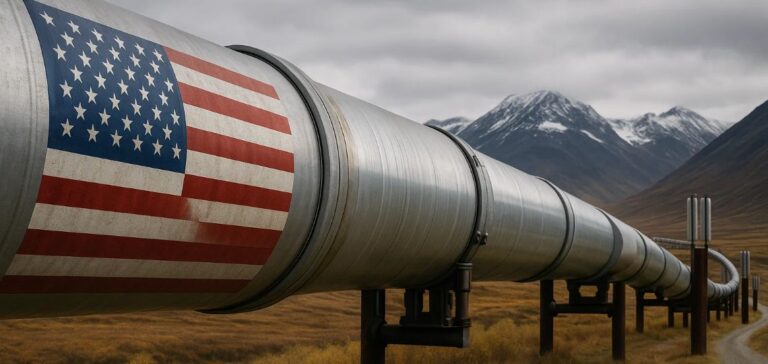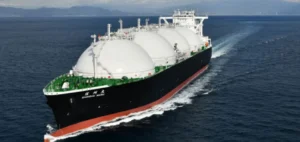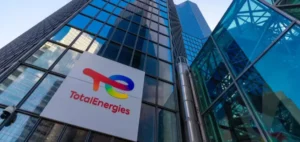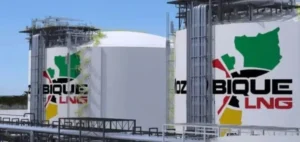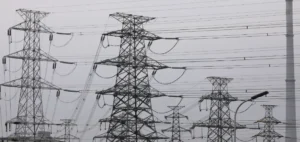The US government has stepped up its diplomatic efforts to secure Asian commitments for a long-standing Alaska pipeline project. During an energy conference held in Anchorage, the Secretaries of Energy and the Interior welcomed official delegations from Japan, South Korea, and Taiwan to promote liquefied natural gas (LNG) exports from the northern part of the state.
The project, valued at $44 billion (EUR40.6bn), aims to transport gas extracted in northern Alaska over approximately 1,300 kilometres to a maritime terminal in the south of the state. The gas would then be converted into LNG and shipped to Asian markets. According to Secretary of Energy Chris Wright, the project’s viability depends on the signing of long-term off-take agreements.
Co-investment opportunities under discussion
Although project leaders are open to foreign co-investments, Chris Wright stated that such participation is not a prerequisite. He added that private capital, particularly from Middle Eastern allies, could also be mobilised. Secretary of the Interior Doug Burgum noted that the project would serve as a test of the United States’ ability to build strategic energy infrastructure deemed necessary amid global technological competition.
South Korea sent a seven-member delegation from the Ministry of Trade, Industry and Energy, clarifying that the visit was exploratory in nature. Japan and Taiwan also participated in the talks but have not formally expressed any investment intentions to date.
Changing regulatory environment
The federal government announced its intention to roll back restrictions on energy development in certain sensitive areas of Alaska, which were imposed by the previous administration. These territories hold significant hydrocarbon reserves but are also known for their biodiversity. No regulatory changes have yet been formalised.
The initiative comes as Washington seeks to increase natural gas exports to Asia, a region considered strategically important. Previous efforts to launch the project failed due to high costs and concerns over its economic feasibility. Ongoing tariff discussions between the United States and several Asian countries could influence future investment decisions.


